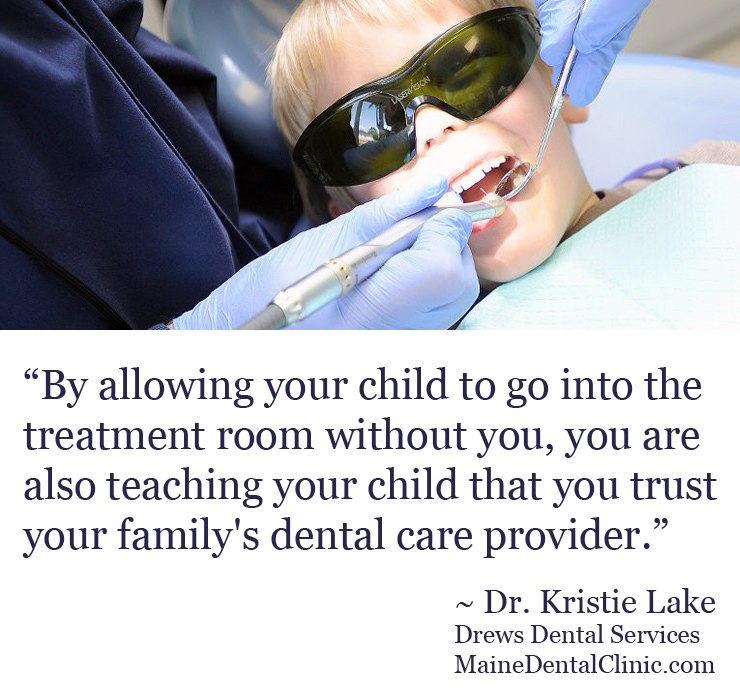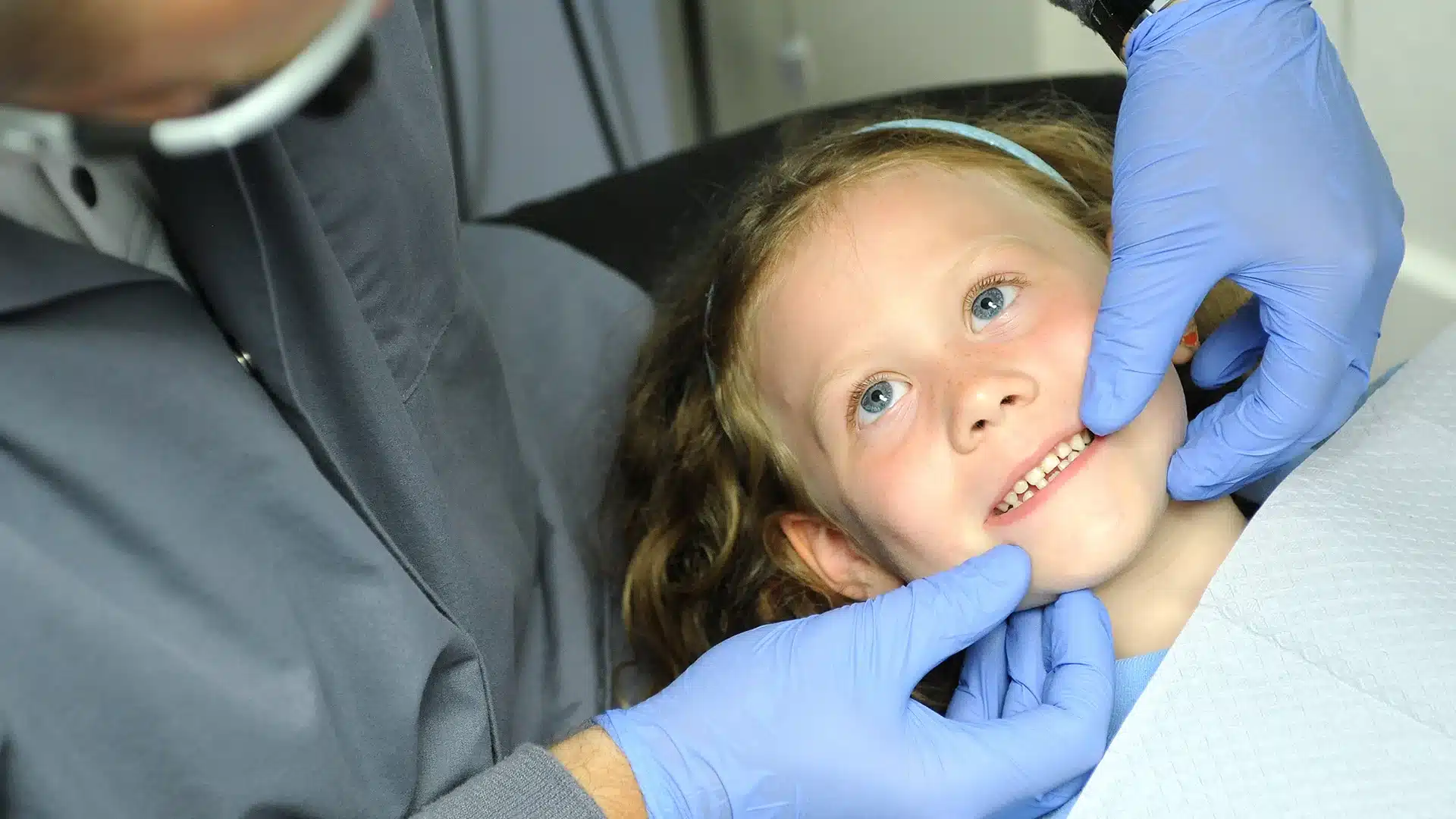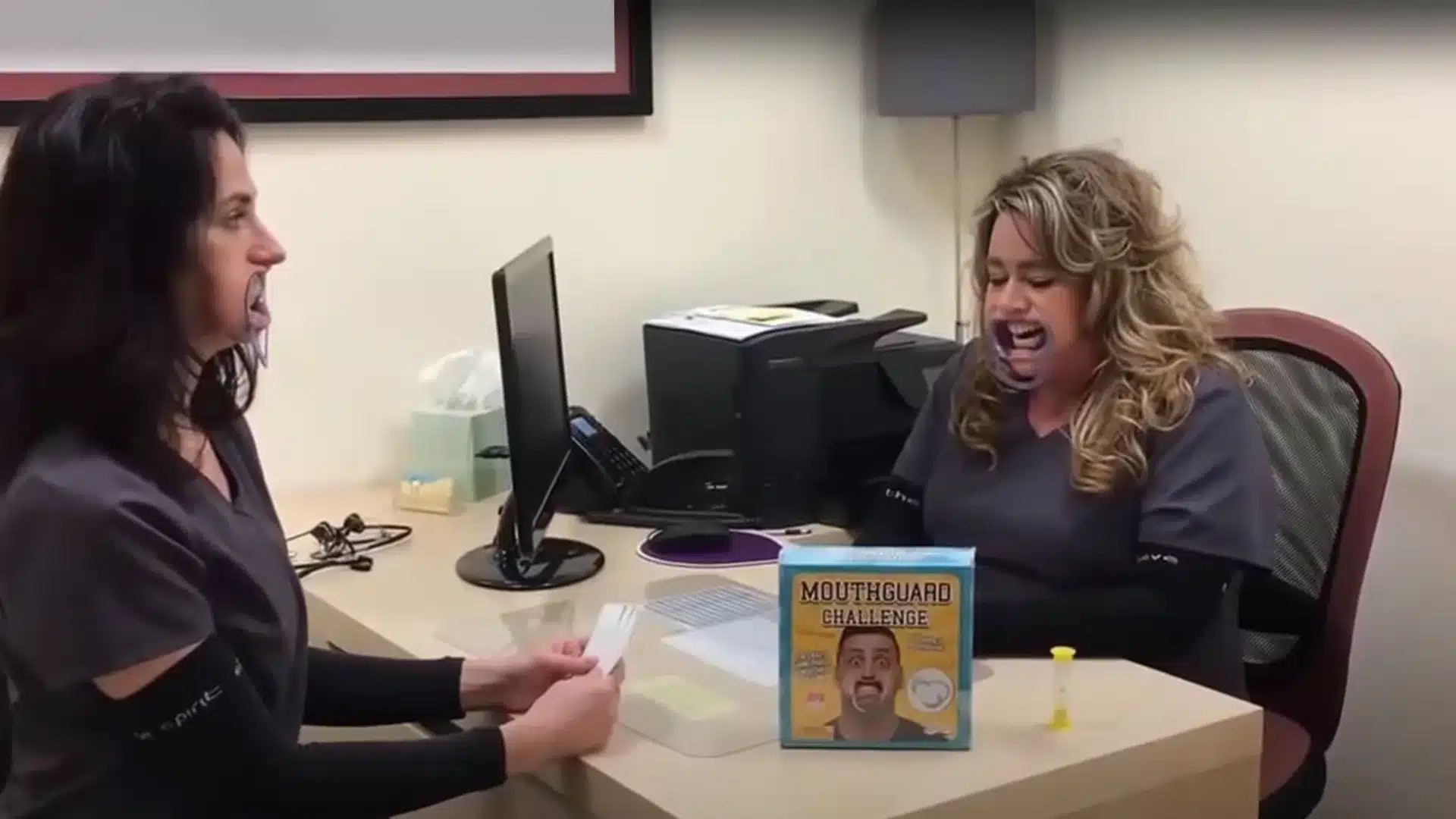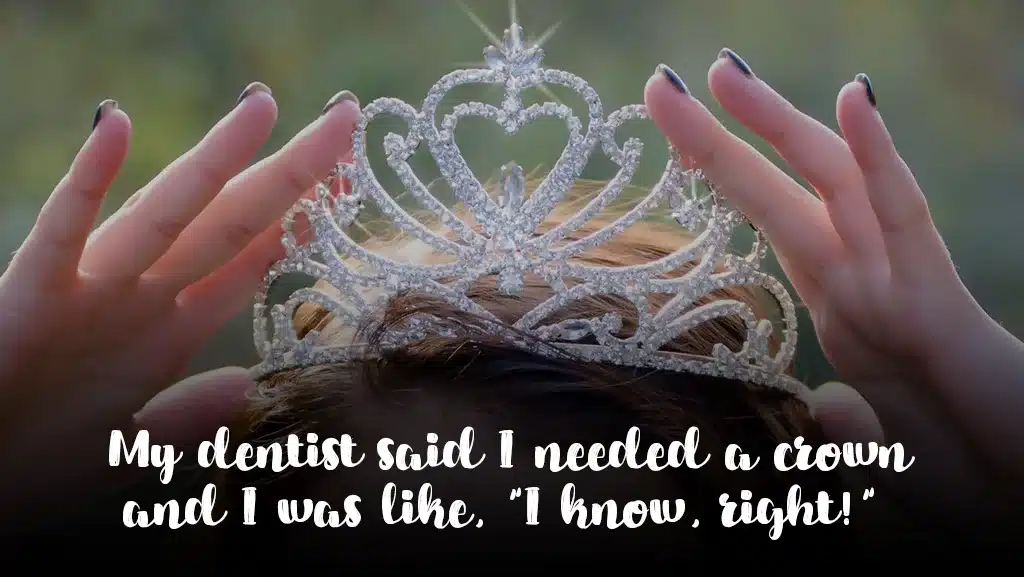Children who have their first (positive) dental experience when they are very young tend to have a better outlook towards dental care throughout life. The role of a parent is key in achieving a successful visit. However, we know that for some, a child’s dental appointment can actually be more nerve wracking for you, the parent!
As an adult, it’s likely you’ve been to the dentist plenty of times, so you know what to expect when you make that (hopefully) bi-annual visit. However, when it comes to bringing your child to the dentist, not knowing how they will react can leave you feeling a bit nervous . . . especially if we just swoop into the waiting room and whisk them off to a treatment room all by themselves.
Since we’re a family dental office, we’d like to give you some basic advice and information about your child’s first visit here and offer up some general suggestions for helping us make that first time a good experience for your child.
The American Association of Pediatric Dentistry, the “big authority on little teeth,” recommends that a child be seen either when their first tooth appears or by their first birthday. This guideline takes into account a ‘worst case scenario’ for children who may be at a higher risk for developing decay and cavities, or who do not have access to the resources at home. Generally a visit to the dental office by age 1 is focused on parent education and support. The parents are educated as to what can cause dental caries (or cavities) in young children, namely sugar and a lack of adequate oral hygiene, and are given support for any other questions or concerns they may have when it comes to their child’s oral health.
At our office, we recommend that parents bring a child to the office for their first visit no later than age 3. By bringing them in to get acquainted with the dentist (and the office in general), you are taking an important first step in creating a positive dental attitude for your little one.
With specialty training and a fun environment, we strive to give your child a good experience!
At these early dental wellness appointments we address teething, thumb sucking, infant oral health care and preventing childhood cavities. We can also offer support and suggestions on the nightly power struggle over the tooth brush.
Toddlers learn primarily through play and sensory exploration. Because there are a lot of different sensory components that go into a dental appointment, we want to ensure that your child is comfortable with feeling air, water, suction, and brushes in their mouth, as well as some of the noises that all of those dental tools can make.
Two’s Company, But Three Can Be A Bit Crowded
As a parent, you are always welcome to observe your child’s first visit in the exam room while we build a positive relationship with our new patient. Just be mindful that we need space to do our jobs safely and effectively.
We do ask that you not bring any other children to a procedural appointment since doing so oftentimes creates additional chaos. Observing a big brother or a big sister getting their teeth cleaned is a little different, though, so if you’re wanting to have a younger sibling observe a cleaning appointment, just check with Mindy, Karey, or Angie ahead of time.
Your Parental Poker Face
Please remember that how you react to your child’s dental experience can help or hinder their time in the chair. It is important to be aware of your emotions and reactions; staying positive helps your child do the same while negative reactions may trigger unnecessary dental anxiety.
One of the most helpful things you can do is to try to be as natural and easy as possible when talking to your child about coming to the dentist. We realize that’s no easy feat for many of us, but the goal is to frame the visit as an opportunity to meet fun new people who are interested in helping every member of the family stay healthy.
Our Pediatric Poker Face
While Dr. Drews and I are not pediatric dentists (we specialize in family dentistry, or general dentistry), dental school involves training in pediatric dentistry, and we are equipped to handle the gamut of all-too-common behavioral problems in the chair. We’re quite comfortable with our little patient people and are able to handle even the most inquisitive of kids.
Waiting Room Exile
We are certainly not trying to banish anyone to the waiting room, the goal is for every caregiver to be involved in their child’s dental care. However, the American Academy of Pediatric Dentistry recommends that parents with older children stay in the waiting room, although infants and some younger children may benefit from having one parent present.
Studies have shown that children over 3 generally respond better to dental treatment when parents are out of sight. While we do need you to be in the treatment room for all examinations and emergency appointments in order to determine a diagnosis, and to obtain your consent for further treatment, you will most likely be encouraged to remain in the waiting room during a procedure.
In cases where you absolutely have to accompany your child into the appointment, we ask that you please be a silent observer. In order to have proper communication with your child, we need them to have one ‘voice of authority’ to listen to. And because children tend to listen more to their parents (no, really!), they may not hear some important safety instructions. We discourage any comments like “it’s not going to hurt,” or saying certain words (like “needles” or “shot”) as quite often this will be the only word heard. And since some children respond better without the presence of a parent, and our utmost responsibility is to our patient, we may even ask you to step away from your child’s line of sight. Please know that any “exile” imposed is done so with love. We have your child’s best interest at heart!
Letting Go is Hard

Parents often struggle to let their children go when all they really want to do is hold them just a little tighter. Let’s face it, parenthood is an endless exercise in letting go a little at a time without working yourself into a frenzy of worry.
By allowing your child to go into the treatment room without you, you are also teaching your child that you trust your family’s dental care provider. Believe it or not, with modern technology and techniques, we have many kids who actually enjoy coming to the dentist — some even enjoy their filling appointments. Go ahead and re-read that sentence. True fact.
We have euphemisms for the various stages of a dental procedure that will help explain the process to your child in a way they can appreciate, and many are unaware that they received a “shot” or that a “drill” was used. If you, as parents, keep your discussions surrounding dentistry positive, it makes our job that much easier should your child need to have dental work completed in the future.
Many times, personal memories of past dental experiences can cause parents to feel uncomfortable with what we need to accomplish at any specific time during a dental appointment, so we strive to work with you and your child to decide if completing treatment on a different day, or perhaps a referral to a pediatric office will have the best possible outcome.
We have great working relationships with local pediatric dental offices including Dr. Emily Scholl in Brunswick, Dr. Willis and Dr. Dowling in Falmouth, and Dr. Shenkin in Waterville and are confident in their abilities to provide exemplary service to the younger dental patient.
We invite all parents to actively help in these ways to ensure the success of your child’s first visit. Together, you will help us deliver the highest quality of care for your child and inspire them to have confidence in themselves during dental visits. You can learn more by checking out more of our pediatric articles.
If you have any questions about what to expect during their initial appointment, or would like to schedule your child’s first visit, give our office a call at (207) 782-5308 or contact us right here online.





